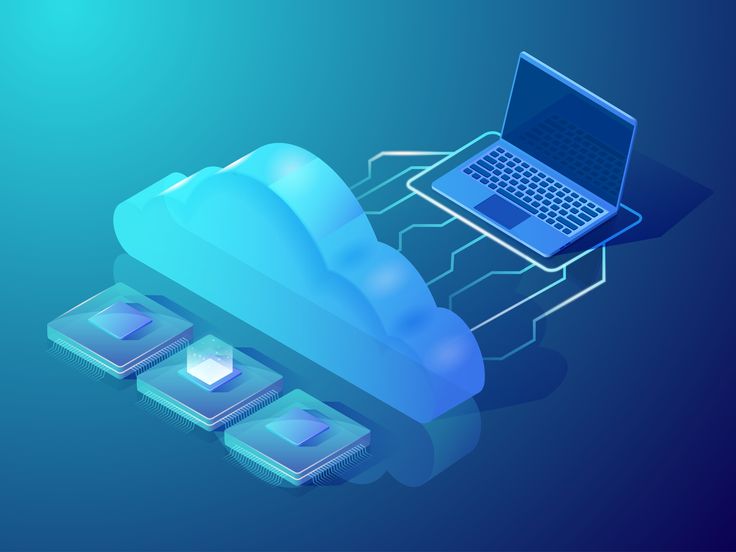In the age of digital transformation, few technologies have had as profound an impact as cloud computing. From powering everyday apps to enabling global collaboration and driving innovation, cloud computing has reshaped how businesses and individuals use technology. But with new trends emerging, is cloud computing still the future? Let’s explore.
What Is Cloud Computing?
Cloud computing is the delivery of computing services—such as storage, servers, databases, networking, software, and analytics—over the internet (“the cloud”) instead of using local servers or personal devices. It offers flexibility, scalability, and cost-efficiency, making it ideal for organizations of all sizes.
Why Cloud Computing Is Gaining Ground
-
Cost-Effectiveness
Companies save money by using only the resources they need, with no need for expensive on-site hardware or maintenance. -
Scalability and Flexibility
Cloud systems allow businesses to easily scale operations up or down based on demand. -
Remote Accessibility
With the rise of remote work, cloud computing provides the ability to access data and systems from anywhere in the world. -
Security and Backup
Leading cloud providers invest heavily in data security, backups, and disaster recovery systems that most companies can’t match in-house. -
Innovation and AI Integration
Cloud platforms like AWS, Google Cloud, and Azure now offer powerful AI, machine learning, and data analytics tools—driving digital transformation across industries.
Trends That Point to a Cloud-Driven Future
-
Edge Computing: While cloud remains central, edge computing—processing data near the source—is expanding its role, often working in tandem with the cloud.
-
Multi-Cloud Strategies: Businesses are increasingly using services from multiple cloud providers to reduce risk and increase flexibility.
-
Serverless Computing: Developers can now run code without managing servers, increasing efficiency and speed of deployment.
-
AI and Big Data: The demand for computing power and storage needed to analyze big data and train AI models is pushing more companies to adopt the cloud.
Industries Relying on the Cloud
-
Healthcare: For telemedicine, electronic health records, and research.
-
Finance: For secure transactions, fraud detection, and customer analytics.
-
Education: To support remote learning platforms and collaboration tools.
-
Entertainment: Streaming services like Netflix and Spotify run entirely on cloud infrastructure.
Challenges to Consider
-
Data Privacy & Compliance: Storing data on third-party servers raises regulatory and privacy concerns.
-
Downtime Risks: Though rare, outages on major cloud platforms can disrupt global services.
-
Vendor Lock-In: Switching between cloud providers can be complex and costly.
Final Verdict: Is Cloud Computing the Future?
Absolutely. Cloud computing isn’t just a trend—it’s the foundation of the digital economy. As technologies like AI, IoT, 5G, and blockchain mature, cloud computing will become even more essential. The cloud empowers businesses to be more agile, innovative, and competitive.

